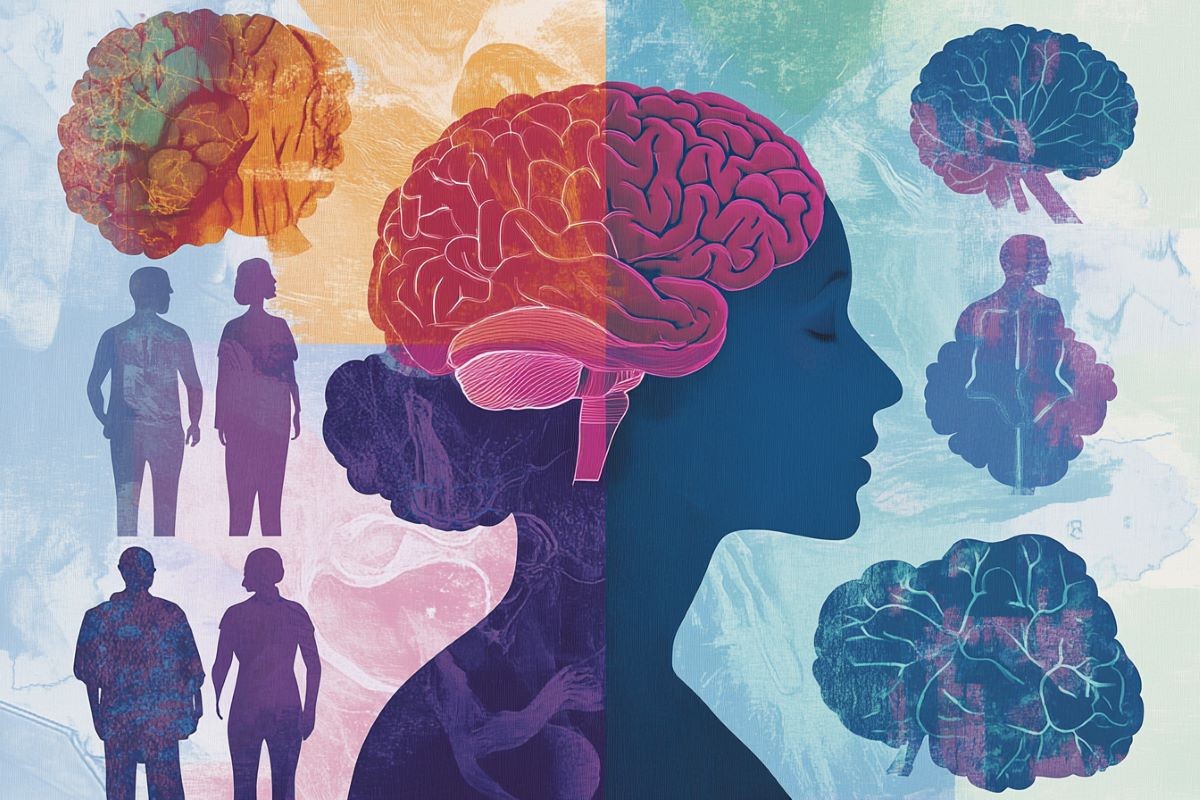
A groundbreaking new study published in Nature Medicine reveals an alarming forecast about dementia rates in the United States, with researchers projecting that new cases will double from 500,000 in 2020 to approximately 1 million by 2060.
The comprehensive research, conducted by experts from Johns Hopkins University, Mayo Clinic, and New York University, indicates that Americans now face a 42% lifetime risk of developing dementia after age 55 - more than double previous estimates. For those who reach 75, the risk climbs above 50%.
"Our study results forecast a dramatic rise in the burden from dementia in the United States over the coming decades," said Dr. Josef Coresh, senior investigator and founding director of the Optimal Aging Institute at NYU Langone.
The study highlighted notable disparities across different demographics:
- Women face a 48% risk compared to 35% for men, largely due to longer life expectancy
- Black Americans show higher susceptibility than white Americans
- Carriers of the APOE4 gene face increased risk of Alzheimer's disease
While white Americans are expected to see dementia cases double, cases among Black Americans could triple over the next four decades, emphasizing racial healthcare inequities that need addressing.
The researchers identified several risk factors beyond aging, including:
- High rates of diabetes and hypertension
- Obesity
- Poor dietary habits
- Lack of physical activity
- Mental health challenges
The findings underscore the urgent need for enhanced healthcare planning and preventive measures. The same interventions used to prevent heart disease may help reduce cognitive decline, according to the research team.
The study analyzed data from nearly 16,000 participants through the Atherosclerosis Risk in Communities Neurocognitive Study, making it one of the most extensive and longest-running research efforts focused on cognition and heart health.
As the U.S. population ages, this projected surge in dementia cases presents major challenges for healthcare systems and policymakers, who must now prepare for increased demand for specialized care and support services.